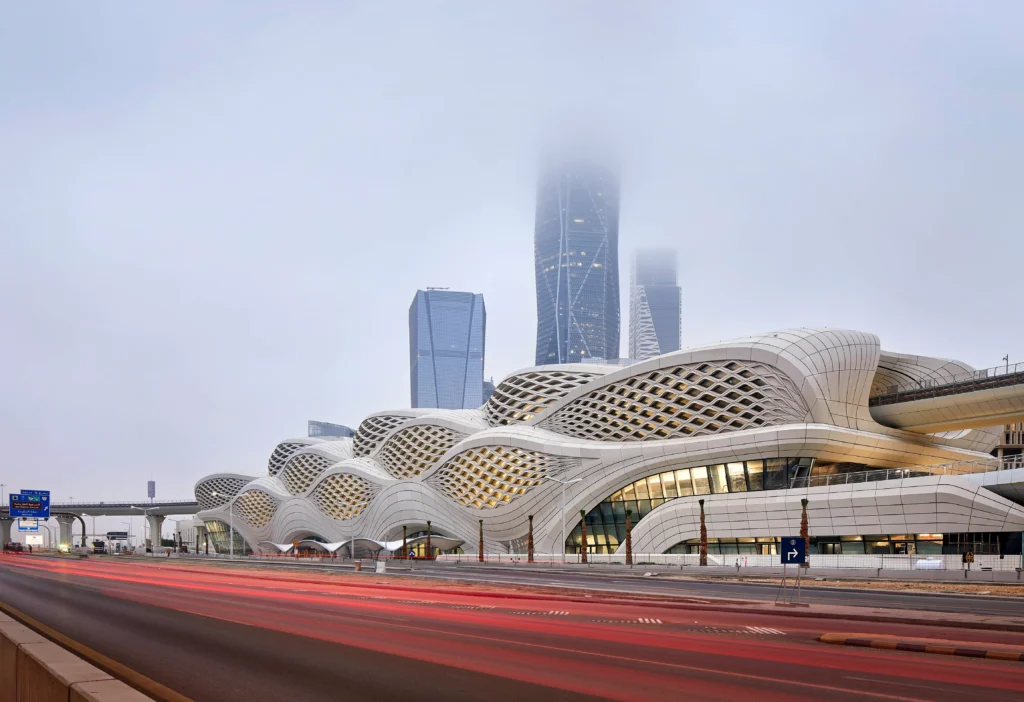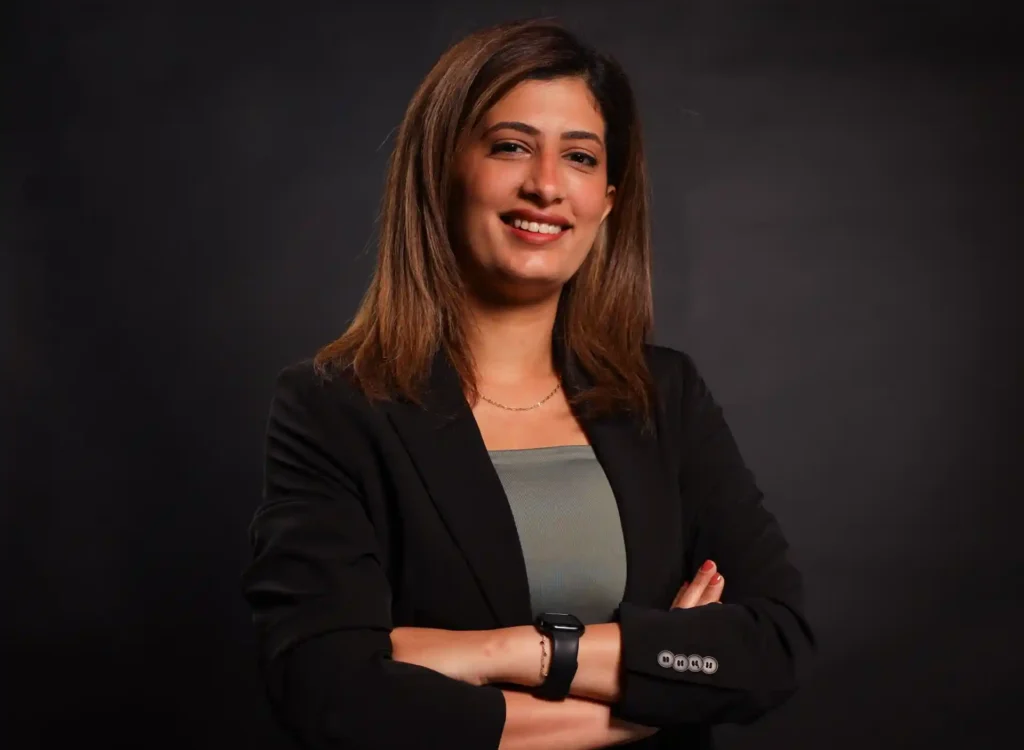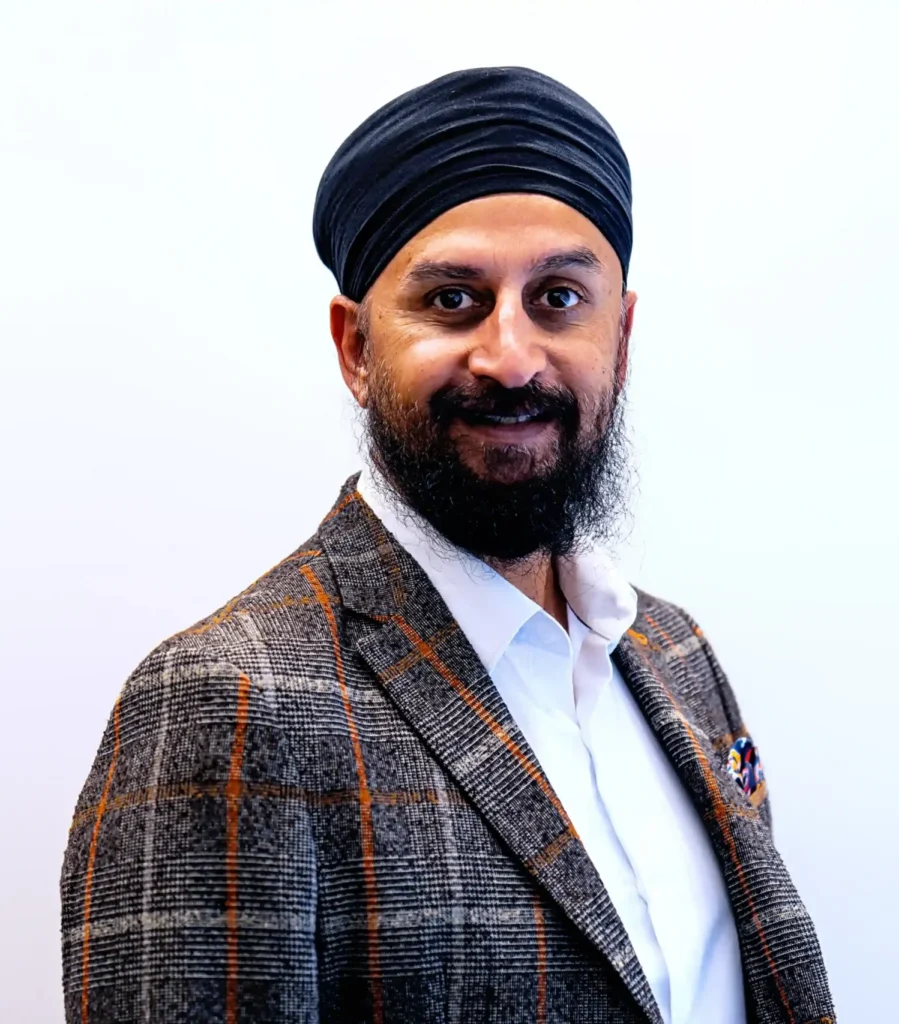Maryam Al-Khalidi From Humble Beginnings to Global Stardom in Beauty and Lifestyle
Maryam Al-Khalidi From Humble Beginnings to Global Stardom in Beauty and Lifestyle By Wajiha Naaz Maryam Al-Khalidi, known to millions as @maryam__alkh, has become a celebrated figure in the digital beauty and lifestyle world. Born on 28 October 1998 in Iraq, her journey from her homeland to Finland and ultimately to international fame is a testament to her talent and unwavering determination. Relocating to Finland as a young girl introduced Maryam to a new culture and opened doors to opportunities she had never imagined. In January 2020, she began her social media career, sharing snippets of her life and style on Instagram. It wasn’t long before her creativity and relatable charm resonated with audiences, propelling her to fame on TikTok. Her TikTok content, ranging from mesmerising beauty tutorials to lifestyle and fashion tips, quickly attracted a massive following. Today, her TikTok account boasts over 4.6 million followers, drawn to her engaging style and the authenticity she brings to every post. Among her many talents, Maryam is revered as the “Queen of Eyeliner” — a title well-deserved for her mastery of makeup artistry. One of her most viral tutorials, titled “Nothing is easier than this method,” amassed over 14 million views, showcasing her knack for making beauty accessible and fun. Such success has also brought the attention of global brands, with Maryam forming partnerships with leading names such as Dior Beauty. These collaborations highlight the trust and credibility she has built within the beauty industry. Despite her fame, Maryam remains deeply connected to her roots and values. Family is a cornerstone of her life, and her sister, Yusur Ahmed — a well-known YouTube personality — is a constant source of inspiration and support. This close-knit bond shines through in Maryam’s content, making her all the more relatable to her fans. Her digital presence extends far beyond TikTok. On YouTube, her channel “Maryam Alkhalidi مريم الخالدي” offers in-depth insights into her life, creative process, and beauty expertise. She also engages her audience on Snapchat, connecting with followers through daily updates and interactive content. Maryam’s multicultural background, blending her Iraqi heritage with life in Finland, lends a unique flavour to her work. Her ability to merge traditional elements with contemporary trends has made her a trailblazer in the beauty world. She is not just an influencer but also a role model, inspiring young women from diverse backgrounds to embrace their individuality and pursue their dreams. Looking ahead, Maryam aspires to grow her brand further by venturing into entrepreneurship and product development. She is particularly passionate about empowering others, with plans to create resources and opportunities for aspiring makeup artists and content creators. Maryam Al-Khalidi’s rise from her early days in Iraq to becoming a global icon is a story of resilience, creativity, and authenticity. Her journey inspires countless others to take bold steps and find their unique voice in a crowded world. As she continues to break boundaries, there’s no doubt that Maryam’s influence will only grow, leaving an indelible mark on the beauty industry and beyond. For those who wish to follow her inspiring journey, Maryam’s content is available on Instagram (@maryam__alkh), TikTok (@maryam__alkh), YouTube (“Maryam Alkhalidi مريم الخالدي”), and Snapchat (@maryam.oy).










